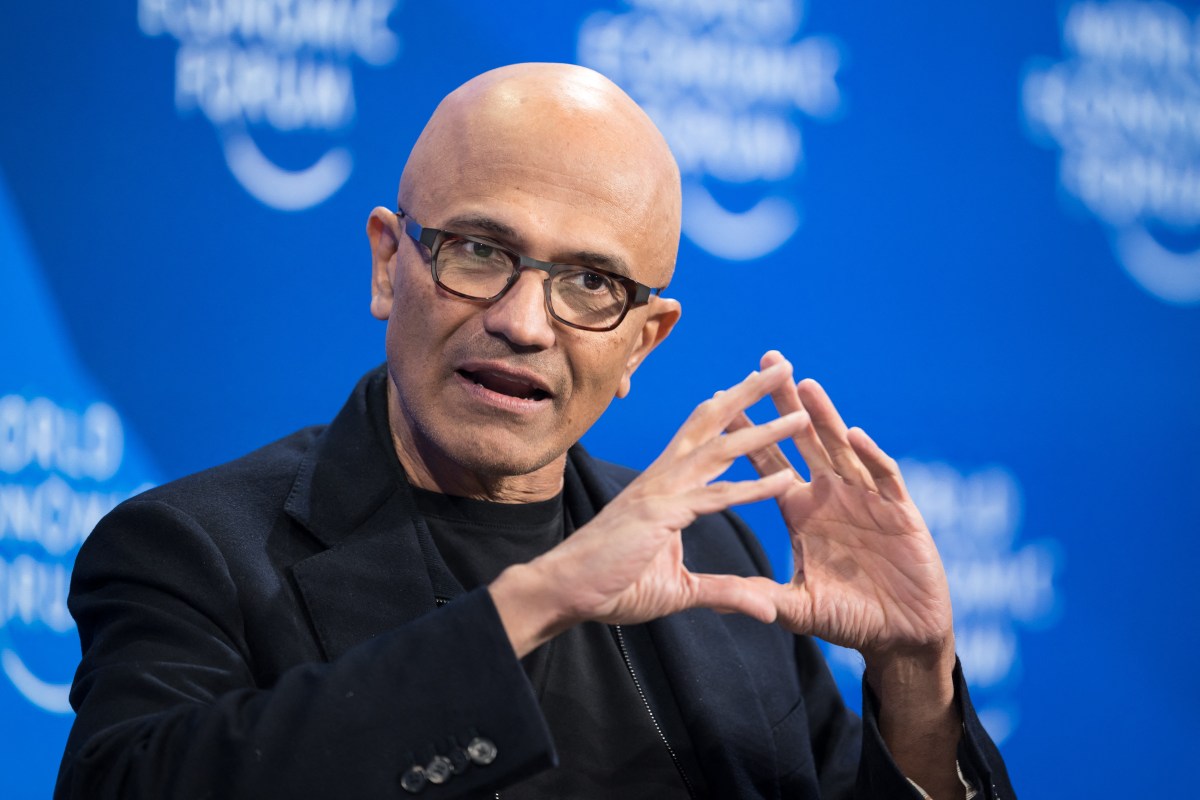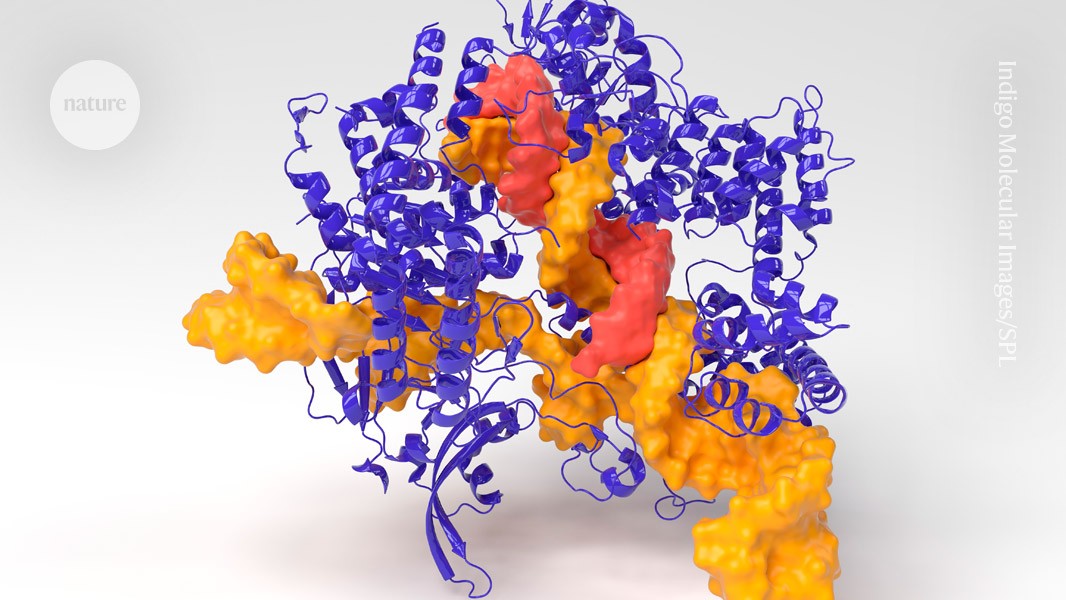- AI Bytes Newsletter
- Posts
- AI Bytes Newsletter Issue #17
AI Bytes Newsletter Issue #17

Welcome to the 17th edition of the AI Bytes Weekly newsletter, where we explore the latest developments and innovations in AI. This week, we highlight Meshy-3, a cutting-edge 3D generative AI platform by Meshy.AI, and discuss Microsoft's updated terms that prohibit U.S. police departments from using Azure OpenAI Service for facial recognition. We introduce Balto.ai, a transformative tool for customer service, and examine the ethical implications of AI-enhanced CRISPR technologies in our Skeptics Corner. Additionally, we respond to a listener's query about AI's influence on creative industries. Join us as we navigate these engaging topics and more, continuing to advance our understanding and application of AI. Let's get it!
The Latest in AI
A Look into the Heart of AI
Featured Innovation
Meshy-3, the latest iteration of the 3D generative AI platform from Meshy.AI, marks a significant advance in the field of 3D modeling and texturing. The tool boasts a new Text to 3D pipeline that allows users to create high-poly models with photogrammetry quality and complete PBR (Physically-based Rendering) maps. This feature promises an unprecedented level of detail, enhancing the realism for applications in gaming and film. Additionally, Meshy-3 introduces an Image to 3D system, improving the generation of natural shapes and textures and providing innovative tools like smart texture healing and a prompt library to facilitate content creation.
Despite these advancements, Meshy-3 has some limitations. The tool's services, including high-poly model generation and texture refinement, consume credits, which can become costly for frequent users. Furthermore, while Meshy allows commercial use of generated assets, the free plan limits users to a Creative Commons license, potentially complicating commercial applications. Also, the reliance on credits for operations could hinder continuous use without significant investment, particularly for independent artists or smaller studios.
If you’ve seen a game changing innovation and want to share it with us, hit us up at [email protected]!
Ethical Considerations & Real-World Impact
Microsoft has implemented a definitive prohibition on U.S. police departments using generative AI for facial recognition through its Azure OpenAI Service, which is designed specifically for enterprise applications. Recent updates to the terms of service clarify that no integrations involving Azure OpenAI Service may be used "by or for" police departments for facial recognition within the U.S., affecting both current and potentially future image-analyzing models. The updated terms also globally restrict any law enforcement from using real-time facial recognition technology on mobile cameras, such as body cameras and dashcams, for identifying individuals in uncontrolled outdoor environments. This follows concerns raised after the introduction of a new product by Axon, which utilizes OpenAI's GPT-4 model to summarize audio from body cameras, highlighting potential issues such as generating incorrect information and racially biased data.
The new terms of service specifically restrict Azure OpenAI Service's use to within the U.S. and do not extend to international police forces or non-mobile uses, such as stationary cameras in controlled settings. This aligns with Microsoft and OpenAI's recent engagement in AI-related defense contracts, including OpenAI's collaboration with the Pentagon on cybersecurity, signaling a shift from its previous stance against military use of its technologies. Additionally, Microsoft has introduced Azure OpenAI Service into its Azure Government product line, aiming to meet enhanced compliance and management needs for government and law enforcement applications. Despite an initial miscommunication regarding the scope of the ban, Microsoft has clarified that the prohibition on facial recognition applies only within the U.S.
AI Tool of the Week
The Toolbox for Navigating the AI Landscape
This week, we're featuring Balto.ai, a tool that transforms customer service interactions. Balto.ai provides agents with real-time scripts, automates quality assurance by evaluating every call, and simplifies note-taking with its integrated platform. These features help agents deliver consistent, efficient service. We’re exceptionally impressed with the real-time scripts that guide agents while they are still on a sales or support call!
If you’ve got a suggestion on tools we should check out, email us at [email protected] and let us know.
Rico's Roundup
Critical Insights and Curated Content from Rico
Skeptics Corner: Rethinking Genetics: The Dual-Edged Sword of AI-Enhanced CRISPR Technologies
 Gregor Mendel 1822-1884 |  Marlon Brando as Doctor Moreau “Island of Dr. Moreau” (1996) |
Step aside, Gregor Mendel, Doctor Moreau has arrived, armed with his newly found tool, ChatGPT, to craft his monstrous creations. (Yes, I dare use a poorly made 90s movie reference to illustrate my point…) Although that may sound a bit theatrical, the implications of advancements in AI-enhanced CRISPR (Clustered Regularly Interspaced Short Palindromic Repeats) tools are profound and warrant serious consideration. Researchers are now leveraging AI to develop gene-editing systems that could potentially surpass the capabilities of their natural counterparts. This innovation enables the precise alteration of DNA sequences in living organisms, which is both a monumental breakthrough for medical science and a Pandora's box for genetic modifications.
These AI-driven CRISPR systems are not only replicating the cutting precision found in nature but are also engineered to target specific DNA sites with increased accuracy, minimizing off-target effects. This leap in precision opens new avenues for treating diseases that were previously deemed untreatable, heralding a new era of medical possibilities. However, the ease of designing such precise genetic tools could also lead to their misuse, ranging from unethical genetic enhancements to bioweapons.
Furthermore, the accessibility of these powerful technologies raises significant ecological and evolutionary concerns. Unintended genetic changes could disrupt natural species and ecosystems, potentially causing irreversible damage. As such, the rapid evolution of gene-editing capabilities, particularly AI-enhanced CRISPR technologies, underscores the urgent need for stringent regulations and ethical guidelines to govern their use. These advancements promise significant breakthroughs in medicine and biology but also pose risks that could easily trigger a domino effect on our current ecosystem.
I am not one to be all doom and gloom, but the potential for unforeseen consequences from even a single misstep in this field is real. History has shown us that proper legislation and ethical behavior in scientific practice rarely align. When they deviate, the cost is often high for the general population. Therefore, it is imperative that we approach these developments with a balanced perspective, ensuring that they are used to benefit humanity without compromising ethical standards or ecological stability. I think we should all keep a collective close eye on this science and these technologies as they develop.
Must-Read Articles
Listener's Voice
In this week's Listener's Voice, Melody asks, "How is AI impacting creative industries like music and art?"
Fantastic question, Melody! AI is profoundly transforming the creative landscape, providing artists and musicians with new tools that expand the bounds of their creativity. In music, AI algorithms are now capable of composing complex pieces of music or enhancing sound quality. For instance, AI can analyze thousands of songs to learn specific genres' stylistic nuances, enabling it to generate music that feels authentic and new.
In the visual arts, AI is being used to create stunning digital artwork and assist in the design process. Programs like Midjourney, DALL-E, and Artbreeder allow users to generate unique images based on textual descriptions, blending elements in ways that would be difficult or time-consuming for human artists alone.
Moreover, AI tools are helping democratize creativity by making art and music more accessible. They provide platforms where novice creators can experiment with different styles and techniques without the need for extensive training or expensive materials.
AI is not only automating aspects of the creative process but also inspiring artists to explore new intersections of technology and art, pushing the boundaries of what's possible. As this technology continues to evolve, we can expect even more innovative and transformative impacts on the creative industries.
Additionally, Mike and I have often discussed the implications of AI on creative industries in both the Artificial Antics Podcast and the AI Bytes newsletter. We've explored various AI tools, including Nightshade, that assist artists in protecting their copyrighted works. Nightshade, for instance, uses AI to help identify and combat copyright infringement, ensuring artists can safeguard their creations while embracing the digital age. This blend of creativity and technology not only enhances artistic expression but also reinforces the legal rights of creators in the digital landscape.
We hope this helps to answer your questions regarding AI in the arts! Thank you for writing in and posing such a great question, Melody!
Mike's Musings
Tech Deep Dive
Mike breaks down a complex AI tool or concept into understandable terms.
Reinforcement learning (RL) is the part of the machine learning ecosystem where the agent learns by interacting with the environment to obtain the optimal strategy for achieving the goals. It is quite different from supervised machine learning algorithms, where we need to ingest and process that data. Reinforcement learning does not require data. Instead, it learns from the environment and reward system to make better decisions.
Rather than re-inventing the wheel, this week, I’m going to link you over to an article I found to be spot on for teaching folks about Reinforcement and Q-Learning.
Feel free to reach out to me if you’d like to talk through anything, you can reach me at [email protected]
Mike's Favorites
Sharing personal recommendations for technology, AI books, podcasts, or documentaries.
Ai Accelerator - Book by Mike Koenigs
It’s This week I’m reading Ai Accelerator, this book is FANTASTIC and has got me now only thinking bigger but acting on more ideas. It’s a fast read without a lot of filler. Highly suggest!

First Music Video Made using Open AI Sora
I was very impressed with Open AI’s Sora as most folks I know were when they debuted it a few months ago. Though Open AI hasn’t released Sora to the public, this past week one of the folks with early access was commissioned to make the very first music video with it for the band “Washed Out”.
Thanks for checking out my favorites section and if you have something you like to share, talk about or ask, hit me up at [email protected]
Connect & Share
Stay Updated
Subscribe on YouTube for more AI Bytes.
Follow on LinkedIn for insights.
Catch every podcast episode on streaming platforms.
Thank You!
Thanks to our listeners and followers! Continue to explore AI with us. More at Artificial Antics (antics.tv).
Quote of the week: "The key is knowing how to leverage the Ai mindset and adapting it to your market - Ai Accelerator"







